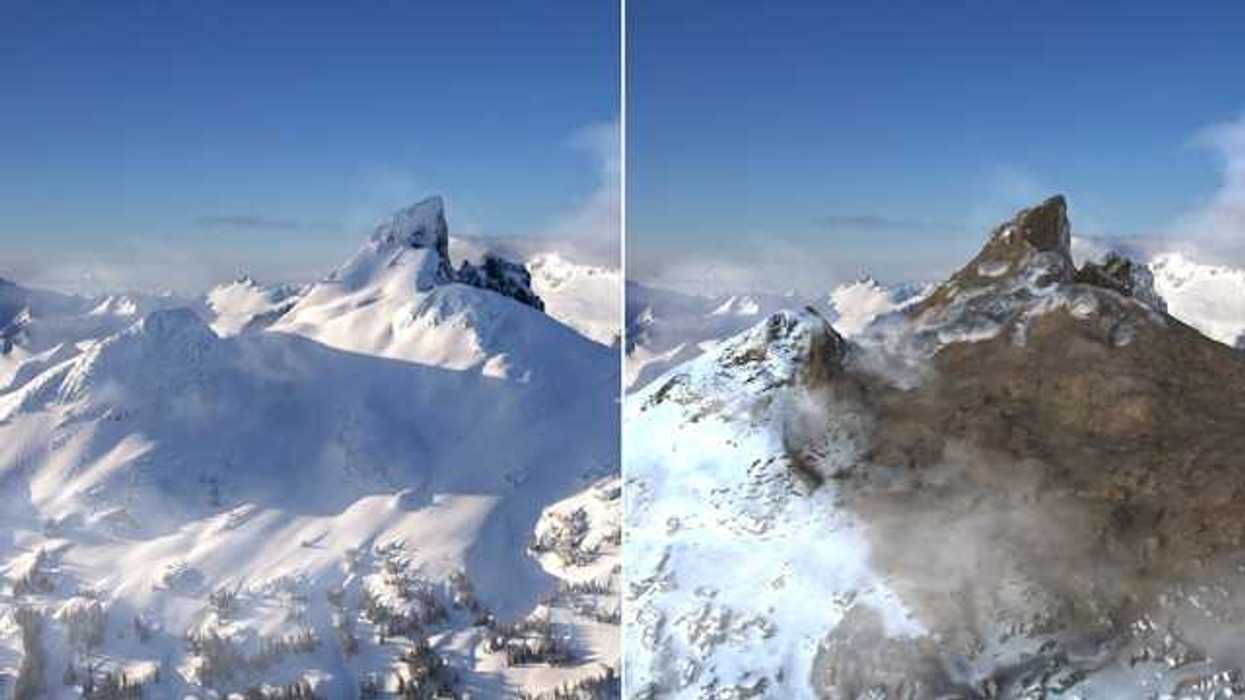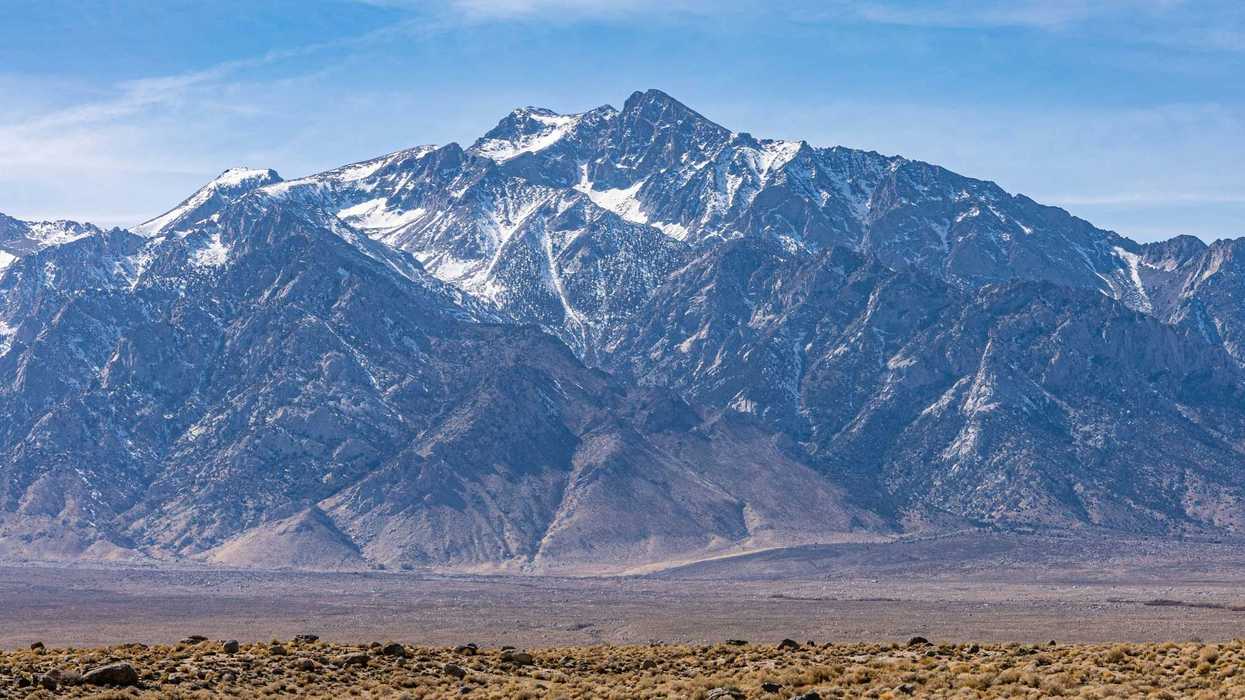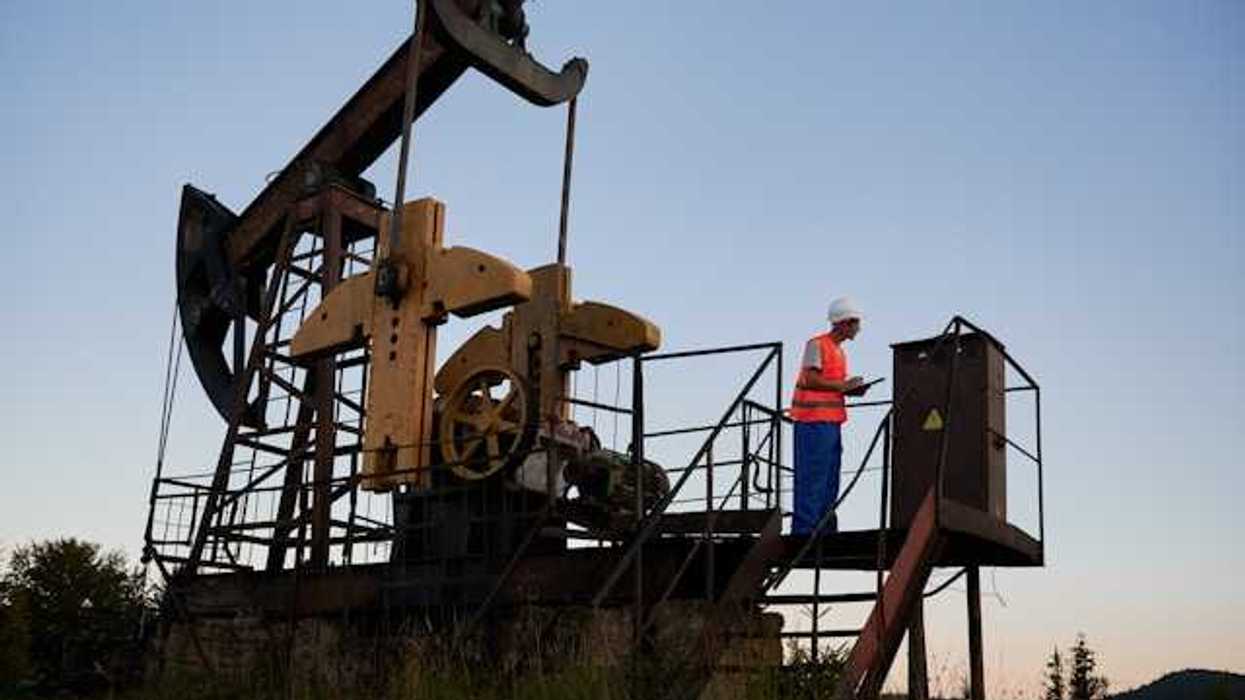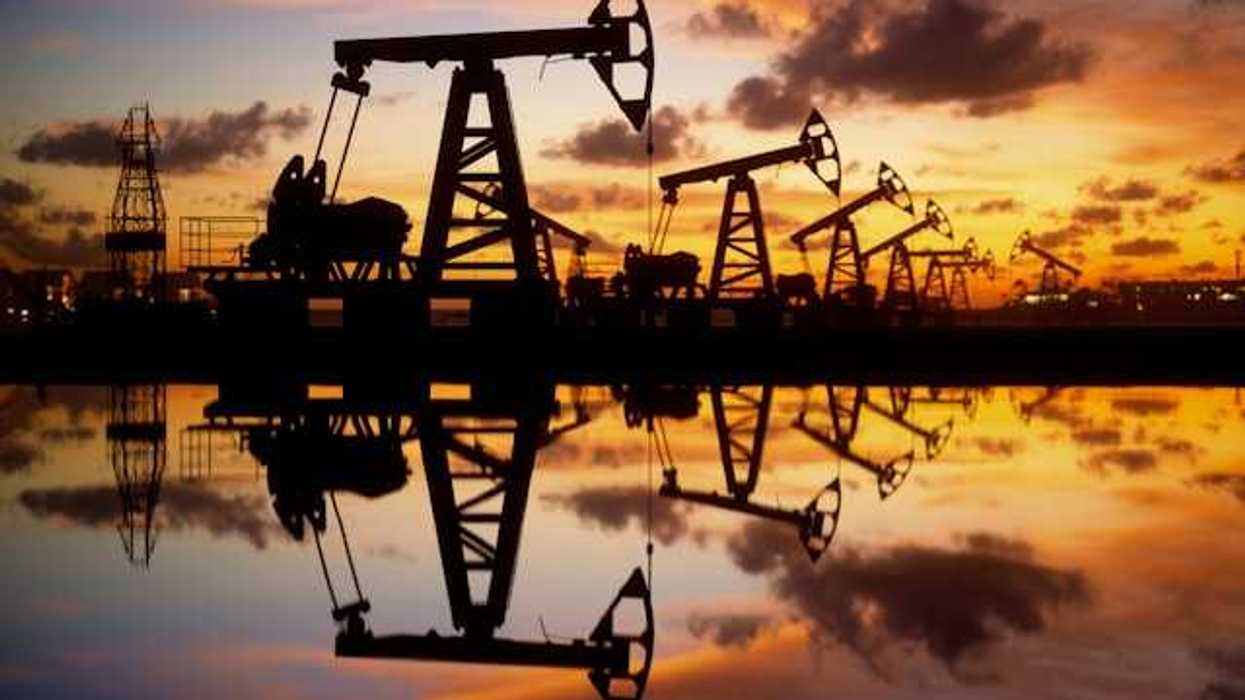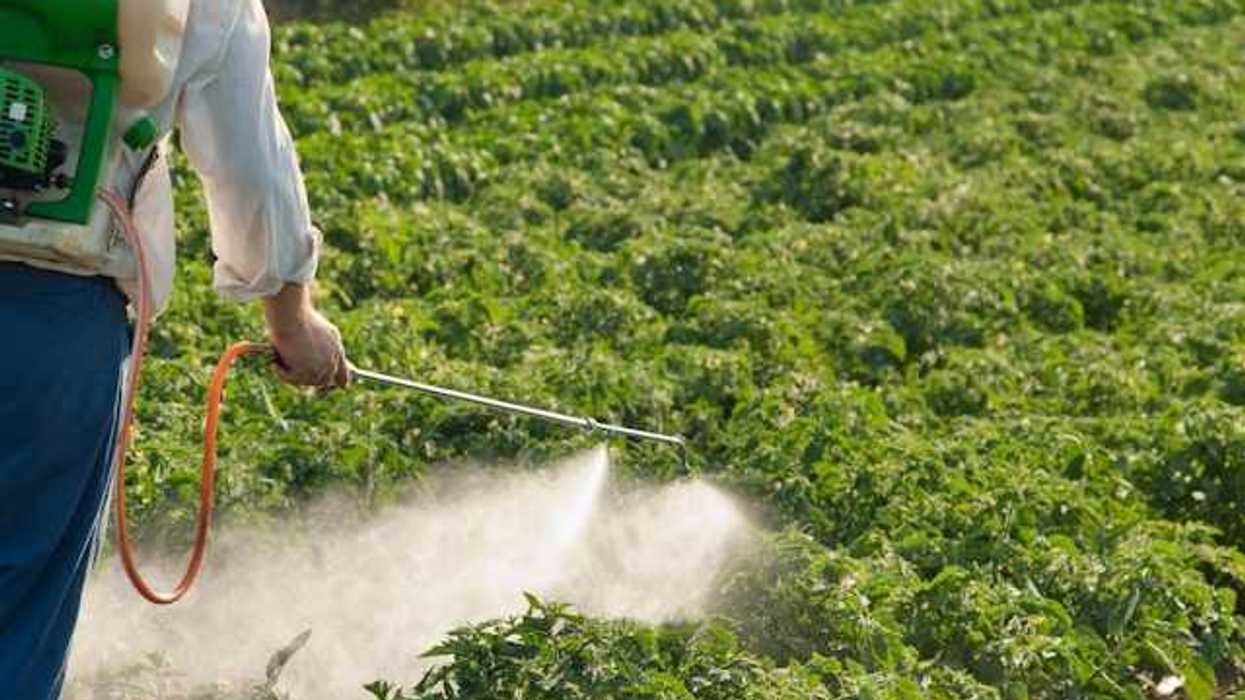China’s dominance in rare earth metals has come at a steep environmental cost, with radioactive waste and polluted land plaguing communities near key mining sites in Inner Mongolia and Jiangxi.
In short:
- The Bayan Obo and Ganzhou regions, which supply most of the world’s rare earths, face severe contamination from toxic mining waste, including radioactive thorium and heavy metals.
- Despite government efforts to regulate and reduce the number of mines since 2012, satellite data and firsthand accounts show ongoing expansion and damage to farmland and drinking water sources.
- Villagers near mine sites report illegal land grabs, landslides, and health issues linked to fluoride and arsenic exposure, with little recourse or protection from state-owned mining firms.
Key quote:
"We ordinary people don’t have the answers… Farmers like us, we’re the vulnerable ones. To put it simply, we were born at a disadvantage. It’s pretty tragic."
— Huang Xiaocong, farmer
Why this matters:
Rare earth elements power much of today’s technology, from smartphones and electric vehicles to wind turbines and missile systems. But extracting them often leaves behind an invisible, toxic footprint. Mining produces vast quantities of waste laced with radioactive and chemical contaminants, which can seep into soil, water, and food supplies. In places like Bayan Obo and Ganzhou, local residents face long-term health threats from exposure to fluoride, arsenic, and other toxicants, with some reporting deformities and cancer clusters. As global demand for these metals grows, the environmental and human toll threatens to rise unless extraction practices change.
Related: The hidden cost of powering your phone might be someone else’s cancer





